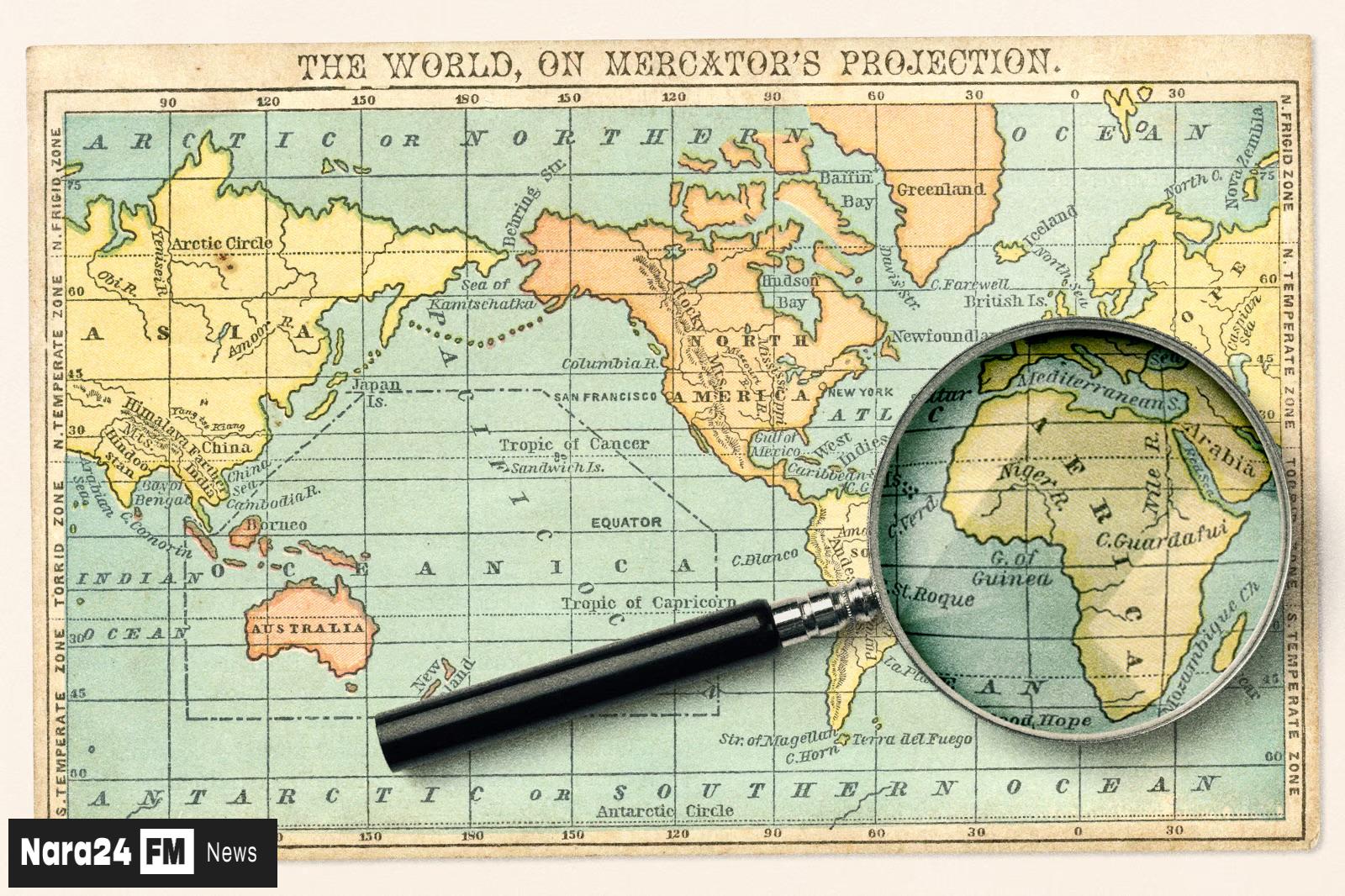The US Supreme Court has delivered a major victory for the Trump administration by curtailing judges' authority to issue nationwide injunctions against the president's executive orders. This decision, while not eliminating injunctions entirely, significantly narrows their scope, making it more challenging for individuals and organizations to halt the enforcement of contentious policies, such as the proposed end to birthright citizenship.
Despite this ruling, legal challenges to these policies will continue to move through the courts, potentially reaching the Supreme Court again. However, the justices emphasized that the constitutionality and merits of each case remain distinct from the procedural issue addressed in this decision.
This development has long been a point of contention for administrations across the political spectrum. While Republicans may celebrate the ruling as a win for executive power, it could prove to be a double-edged sword. Should a Democrat occupy the White House in the future, they would benefit from the same legal advantages now enjoyed by President Trump. Additionally, the ruling is likely to spur increased legal activity, keeping attorneys busier than ever.
As the political and legal landscapes continue to evolve, this decision underscores the ongoing tension between the judiciary and the executive branch, setting a precedent that could shape future administrations regardless of party affiliation.









Comments (0)
Leave a Comment
Be the first to comment on this article!